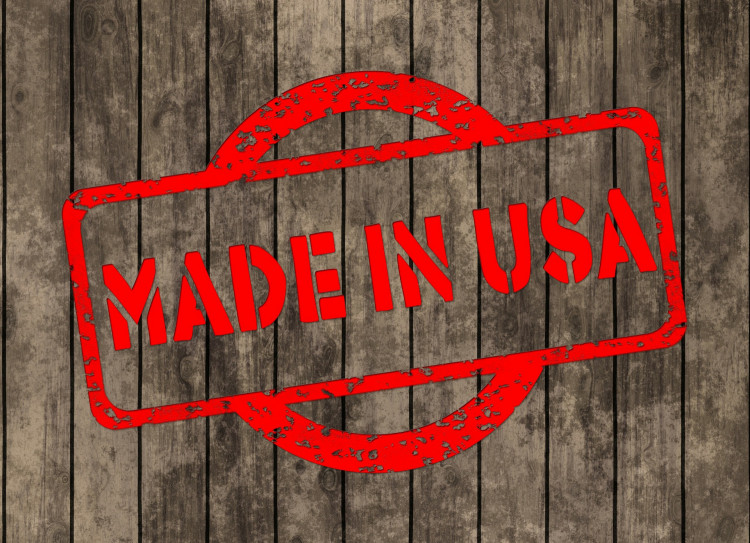China is planning to impose tariffs of up to 25 percent on U.S. products, which are worth US$60-billion if the U.S. Government will continue with its threat of additional duties to Chinese imported goods.
"In violation of the bilateral consensus reached after multiple rounds of negotiations, the United States has again unilaterally escalated trade frictions," according to the Chinese State Council Tariff Commission.
The Chinese Government is planning to impose 25 percent, 20 percent, 10 percent and 5 percent on American goods if the U.S. Government will push through with its threat to tax US$200-billion worth of Chinese products.
According to the Chinese State Council Tariff Commission, China has to take necessary countermeasures to defend its dignity and the interests of its people, free trade, and the multilateral system.
The Chinese State Council Tariff Commission said that it has 5,207 U.S. products under the target list for its security measure to safeguard its own legitimate interests.
Some of these U.S. products, which will be affected for the imposition of additional tariffs, are nuts, alcohol drinks, leather and wood products, meat, coffee, furniture, chemicals, minerals, machinery and auto parts.
Many trade and economic specialists believe that, with this recent development, the trade tension between the two countries might continue to escalate.
The U.S. and China have the largest trading relationship globally as they trade goods and services that amount to US$650-billion every year.
The trade tension between the two countries started in March when the U.S. Government imposed higher tariffs on imported steel and aluminum products from China and other countries, citing national security as the reason. The Chinese Government answered such move with its own imposition of additional duties to U.S. imported products.
"Instead of retaliating, China should address the long-standing concerns about its unfair trading practices," said White House Spokesperson Sarah Sanders.
Meanwhile, the Chinese Government stressed the importance of protecting the best interest of its people and safeguarding the rules of free trade. According to the Chinese State Council Tariff Commission, China promises that it will continue to put efforts in pushing for reforms and is open for arrangements that are geared towards economic globalization, protecting free trade laws and multilateral agreements.





